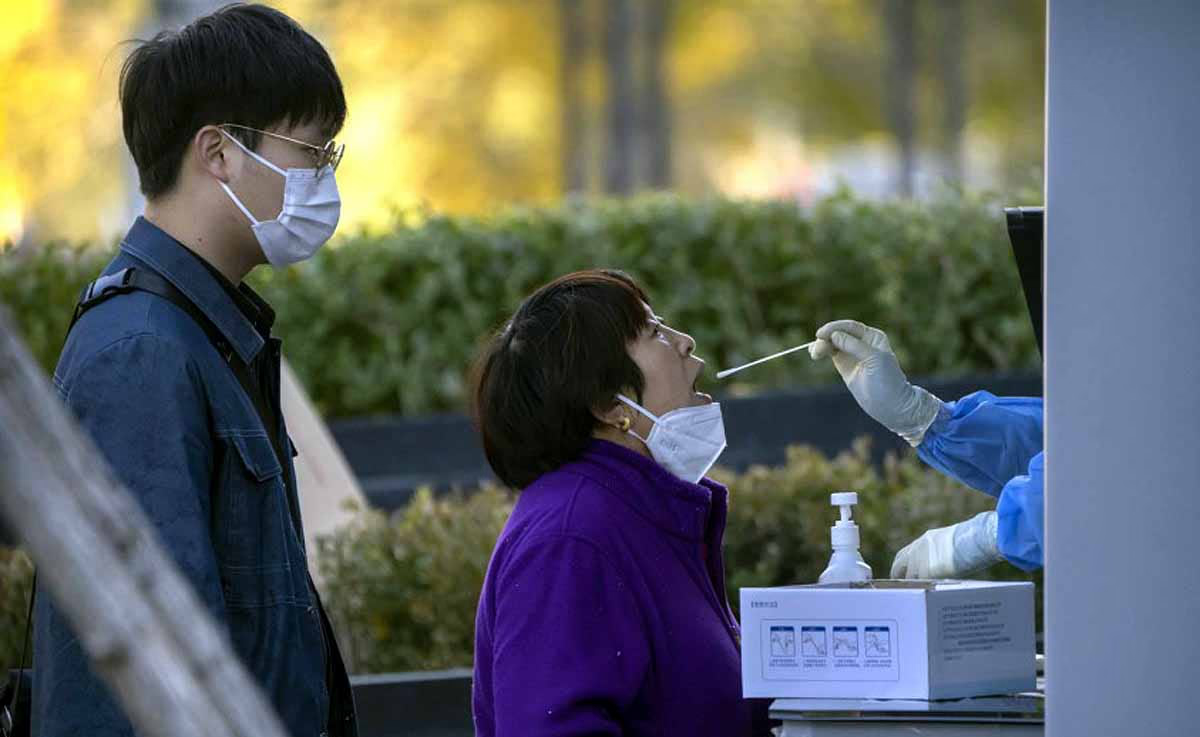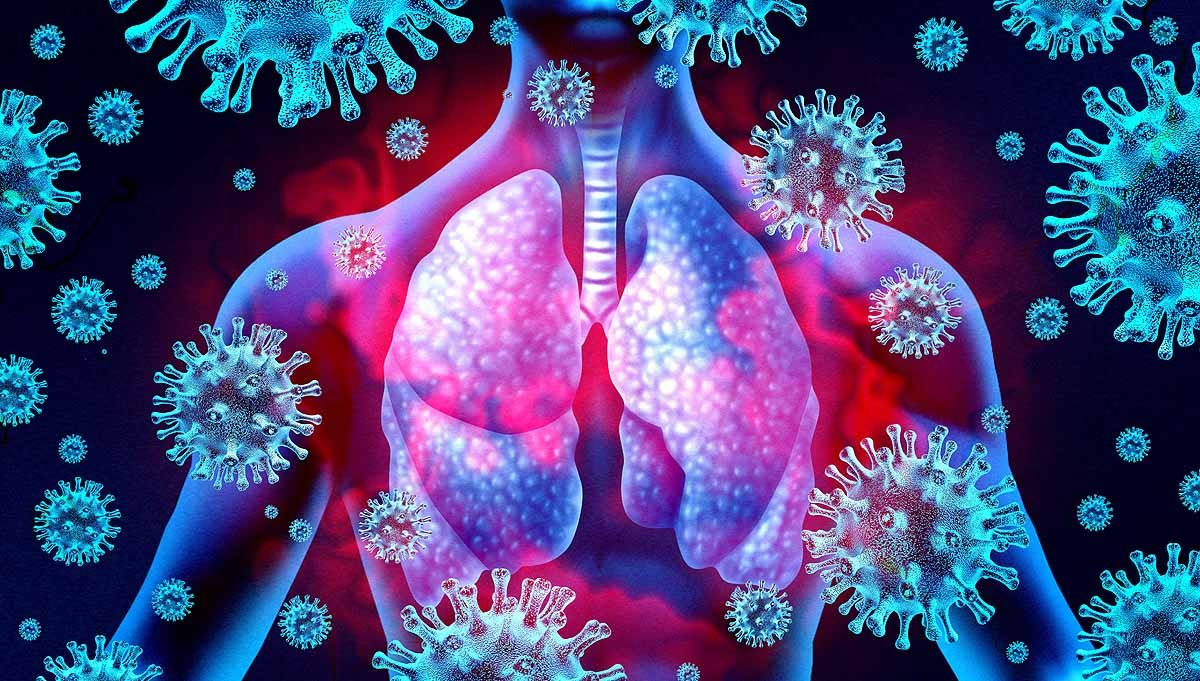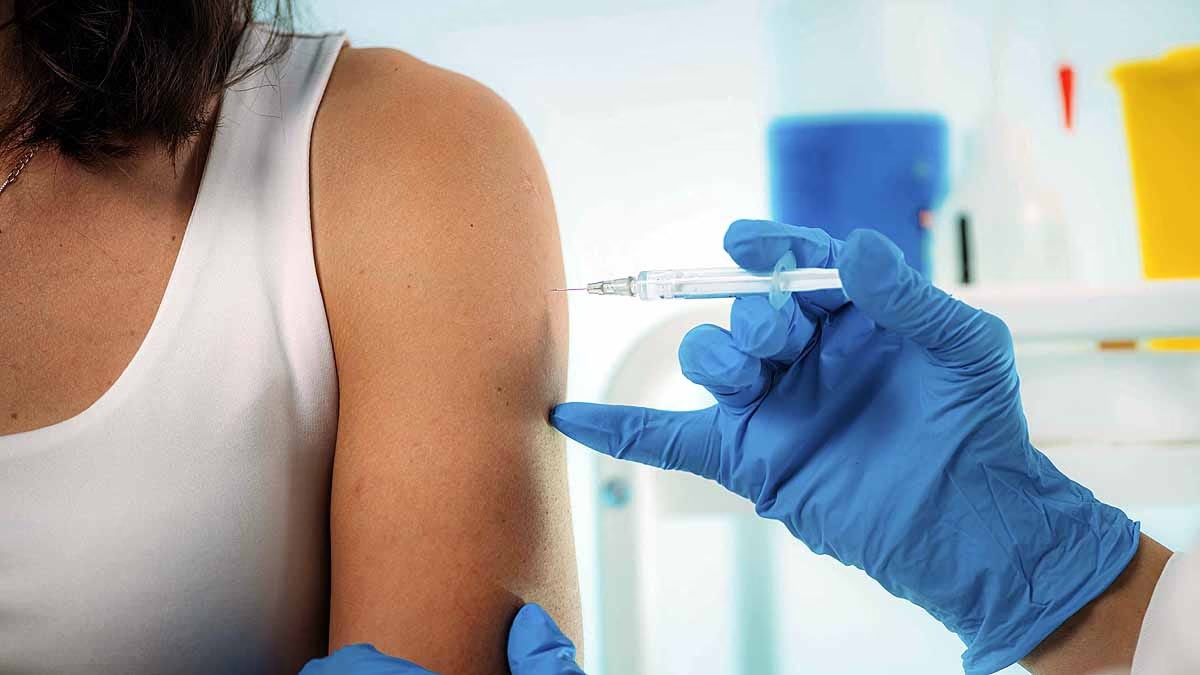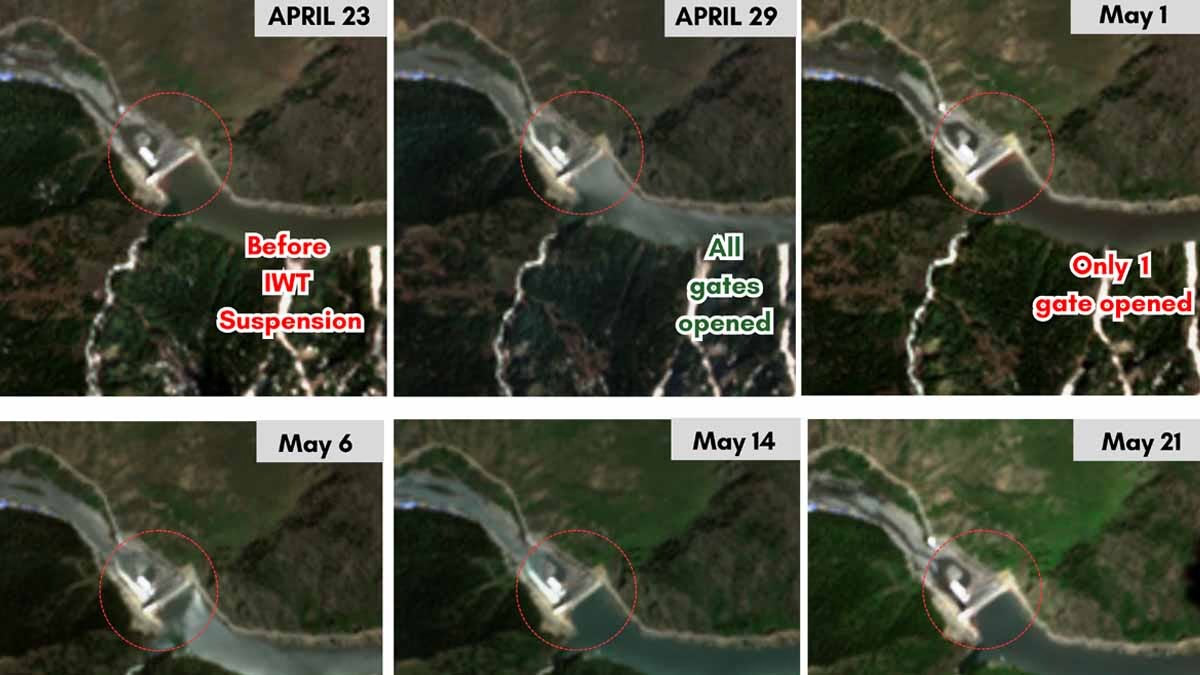COVID-19 cases are once again rising in various Asian countries. Reports indicate a new wave in Singapore, China, Thailand, Hong Kong, and India. As of May 19, 2025, India has recorded 257 active cases. Health experts advise that there's no need to panic, just practice caution. Let's explore the situation and consider if booster doses are necessary again.
Where are cases increasing?
In early May 2025, Singapore reported over 14,000 cases, 28% more than last year. In Hong Kong, cases have increased 30-fold in 10 weeks. China is seeing a rapid rise in cases, with the test positivity rate doubling. Thailand experienced a spike after the April Songkran Festival. India also has 257 active cases, mostly from Kerala, Maharashtra, and Tamil Nadu.
COVID-19 cases: Yogi government on alert amid rising cases, orders issued to officials

Source: aajtak
Which variant is responsible?
The new wave is driven by the Omicron variant JN.1 and its sub-variants LF.7 and NB.1.8. The World Health Organization (WHO) classified JN.1 as a 'Variant of Interest' in December 2023. It is more contagious but not more dangerous than previous variants, according to experts. Most cases display mild symptoms, like fever, cough, sore throat, and body aches.
What is the situation in India?
In India, the situation remains under control. Given the large population, active cases are minimal. Most patients have mild symptoms and do not require hospitalization. The Health Ministry states there's no sign of a new COVID wave in the country, but vigilance is necessary.
Covid-19 JN.1 variant: This variant causing stir in Asia! India also on alert, find out how dangerous it is
Is a booster dose necessary?
Health experts recommend booster doses for individuals with weakened immunity, such as the elderly, children, or those with diabetes, cancer, etc. People in Hong Kong and Singapore are also advised to take booster doses, especially if six months have passed since their last dose or infection.

Source: aajtak
In India, consider a booster dose if traveling to countries with rising cases. According to WHO, the XBB.1.5 monovalent booster vaccine offers 19% to 49% protection against the JN.1 variant. However, if previously vaccinated and healthy, there's no need to worry.
How to stay cautious?
Wear a mask: Especially in crowded places, wear a mask.
Wash hands: Regularly wash hands or use a sanitizer.
Respiratory precautions: Cover your mouth and nose when coughing or sneezing.
Travel caution: Exercise caution when traveling to countries like Singapore, Hong Kong, China, or Thailand. Avoid non-essential travel.
Monitor symptoms: If symptoms like fever, cough, or sore throat appear, get tested promptly.
Stay alert, don't panic
Health experts indicate that this wave is not as dangerous as before. Most people recover with mild symptoms. The situation in India is controlled, but caution is vital. If you are healthy and vaccinated, there's no need for excessive worry. However, those with weakened immunity should consider booster doses and stay careful. While COVID-19 is not entirely over, we can manage it with the right precautions. Stay safe, stay vigilant.




